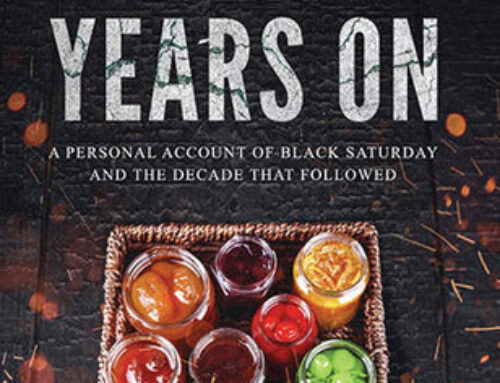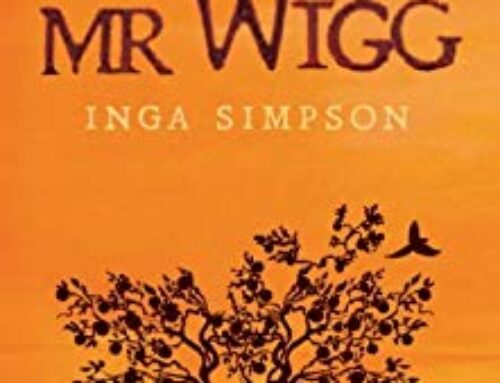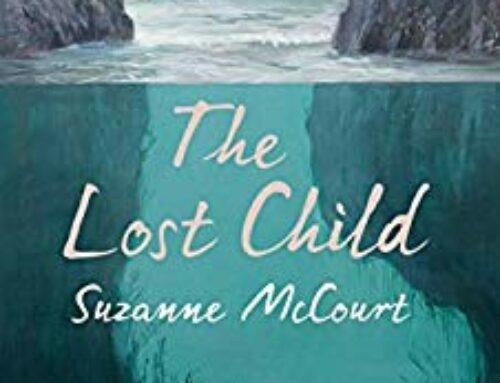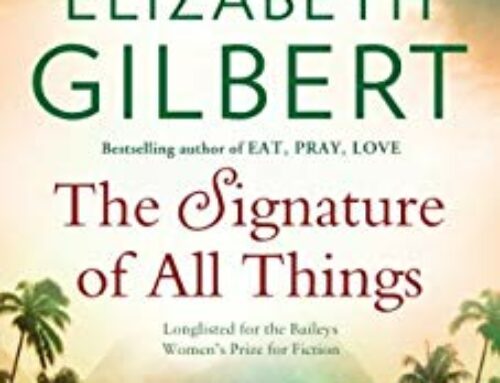How to chart your own journey into the wilds of writing and write the story you were born to write

What I love about Turner-Vesselago’s Freefall approach is that it is highly intuitive and supports the student to chart their own journey into the wilds of writing – whether alone at their desk, with a writing partner, or guided by an experienced teacher. Barbara breaks writing down into the simplest of precepts – just five – and asks us to trust our innate creativity and ourselves as she throws us into the deep waters of the unwritten. Working through her book, we begin gently with just an hour a day of `writing what comes up for us. There are no goals, no grand plan, no carefully structured plot with appropriately spaced crises, climax and so on. This is true free fall – without the parachute of techniques, topics, structures and step-by-step procedures offered by most writing teachers.
It can be scary – even terrifying – writing without the safety of a structure; but in my experience (as a teacher and a Freefall participant at Barbara’s workshops), the writing that emerges from the process is so much richer, deeper and more original than in any other teaching process I’ve experienced. We write the books (or stories) we were meant to write – instead of the books and stories we thought we should write or we hoped we would write. Barbara’s gift, as an author and teacher, is to take you straight to the heart of what makes you tick as a writer; and her book like her workshops guides you to `follow the energy’ (or the fear) and to find your own authentic voice for telling the story you must tell.
In Freefall Writing, you begin by writing what comes up, and at first the stories might be disjointed, but gradually themes, characters and a unique writing voice emerge of their own accord. It’s like being carried along by a fast flowing river, without knowing what landscape the river will take you through; there is only the absolute certainty that eventually you’ll find your way to the sea.
Writing Without a Parachute: The Art of Freefall is uniquely placed in the bamboozling market of how-to-books available for the would-be writer. In my experience as a writing teacher, most of these books offer either a collection of one-off exercises or a more involved and prolonged process for developing and writing a novel or memoir, or something somewhere between the two. A third category of books are those that deal more generally with `the writing life’ – such as Anne Lamott’s Bird by Bird or Annie Dillard’s The Writing Life. Barbara Turner-Vesselago’s book crosses all three categories.
The beauty of Writing Without a Parachute is that it is founded on Barbara’s extensive experience and deep psychological insight as a teacher of writing over several decades – as one who has been midwife at the labour and birth of many a creative project, including a series of successful publications and competition wins by dozens of her students.
I’ve attended many writing workshops and read many different writing books over the years. In most of these I have found nuggets of gold that have helped me, inspired me or opened a doorway to new writing territory. But in all my seeking, I have only found one other comparable writing/creativity teacher who has sustained my journey over several years – with her depth of insight and her vast experience – and that is Julia Cameron. I have worked my way through the three books of The Complete Artist’s Way: Creativity as a Spiritual Practice with my women’s group, and more recently commenced Cameron’s Vein of Gold.
I feel Barbara Turner-Vesselago’s offerings to the writing world are on a par to Julia Cameron’s offerings to the world of artists (of all types). Her book has the potential of being used as a self-guided course for individuals, pairs or groups of writers to work through, confident that they are charting their own maps and finding their own creative destinations. It’s not about writing the book you think the world wants. It’s about writing the book you were born to write. That is the difference.
The following women all read the first Freefall Writing subscription series, upon which Writing Without a Parachute is based (though it includes much more), from start to finish and completed many of the exercises during a Freefall Writing course I taught in 2010. Their written comments on the series are copied below.
“What an awesome experience. I am amazed at how well this course unravelled in pace with my own unfolding as a writer. It seemed that the chapters knew exactly what information I needed to know next… My writing and my ability to drop down into writing story has developed and improved far more than I had ever imagined possible… It hard to quantify what I have gained from doing this course. I have learnt that I can write despite all my protests that I cant.”
– Jane M.
“I found the series very beneficial for my writing. It had the desired effect of keeping me writing and inspired and on track, which is the result I had been after. Each chapter supported the evolution of my writing in a very practical and concise way, which enriched my experience. I will definitely be referring back to it in future. I can go even deeper with it easily….I have been forming a trust with myself and my writing rhythm. The effect has been therapeutic without being therapy. I have been able to touch and view parts of my life in a way that has been profound for my inner and outer growth.”
– Deborah M.
“I enjoyed reading [the series] and found it easy to understand, helpful, and interesting. The exercises at the end of each chapter were useful for inspiration, and helpful learning tools…I feel that my fledgling writer’s wings have gained strength and I now have the confidence to soar off the cliff into the unknown of my writing.”
– Sally H.
“I found it useful with helpful suggestions. It’s a great resource to have even after the class is finished, I can return to it and re-read it a few times over. I’m looking forward to reading it again and getting to write some other of her ideas/suggestions…I [found] it very helpful in terms of writing tips and ideas for topics.”
– Mahsa A.
“I found the whole [series] interesting, motivating, useful…[It] was excellent in providing food for thought and writing exercises.”
– Jeanette C.



